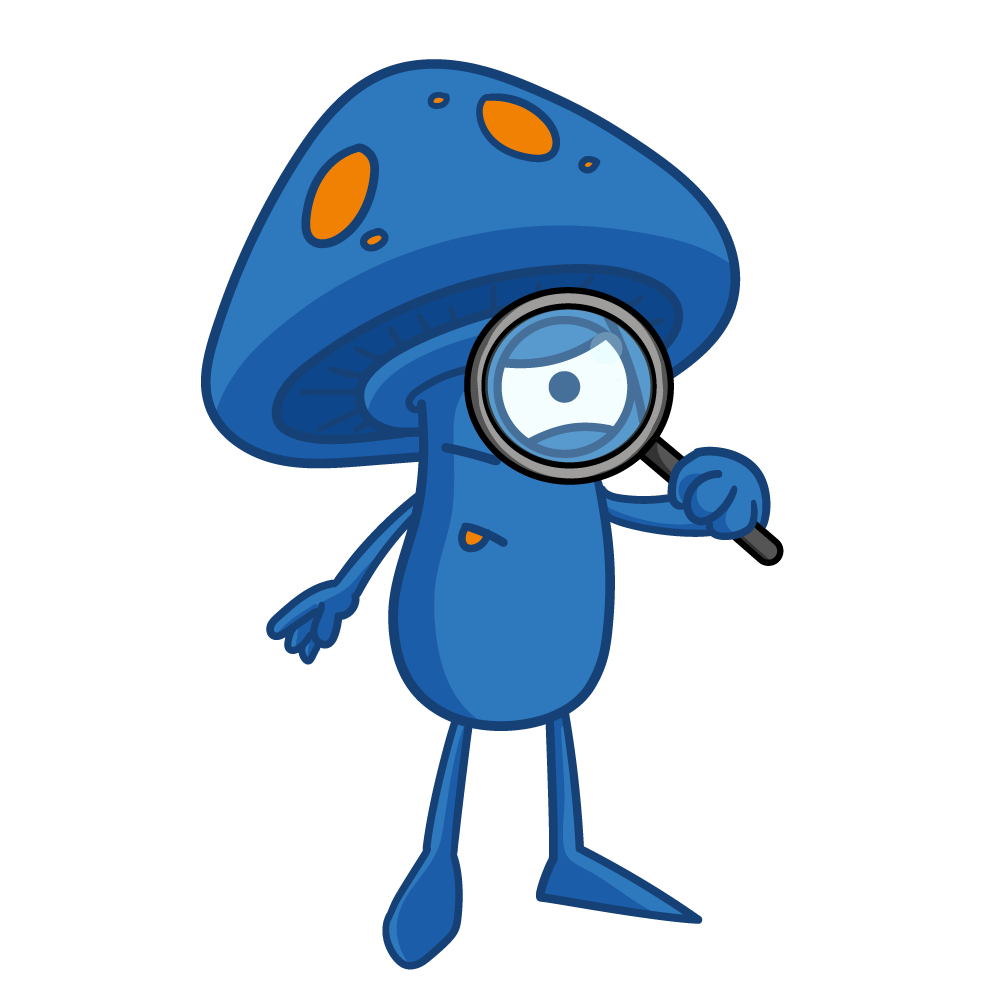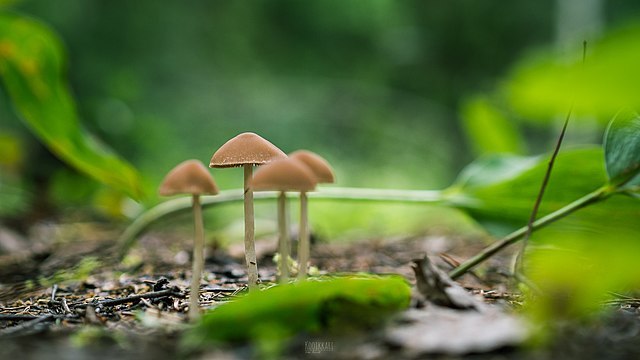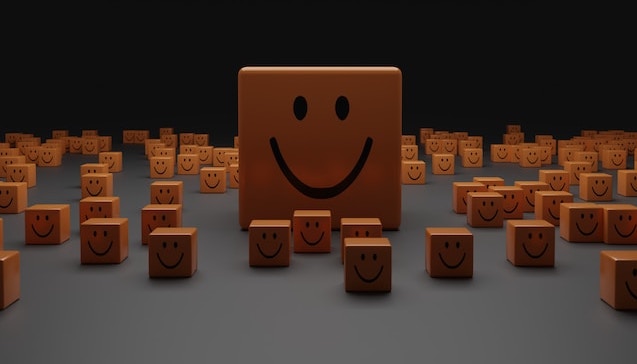In a review published this month in the Journal of Psychiatric Practice researchers highlighted a growing body of evidence that shows that psilocybin could be an effective treatment for depression.
Lead author of the study, Amir Garakani, MD, stated;

“At a time of growing excitement regarding the potential use of psychedelic agents to improve outcomes of otherwise intractable disorders, psychiatrists and patients alike need perspective on the current state of the evidence and the prospects moving forward,”
— Basically — we’re all pretty excited about the prospect of using magic mushrooms to treat mental health conditions. But, we’ve got to keep our eyes on the actual evidence, before we get carried away.
Well, luckily, evidence is just what Garakani and co. found. In the review they noted that therapeutic responses from psilocybin “stem from, or at least go hand-in-hand with, an intense emotional or mystical experience.”
Psilocybin Promotes Psychological Flexibility
Studies also suggest that psilocybin leads to an increased “openness to experience” as well as psychological flexibility. This helps patients to “reconsider stereotyped perspectives and move beyond accustomed patterns of thinking.” — i.e it works as a sort of reset button for our internalized negative beliefs and behaviors. Research into the effects of psilocybin suggest that it enhances activity between brain networks without a concurring increase within a single network. Changes in brain network flexibility like this have been linked to effective reductions in depression symptoms.

The majority of drugs approved to treat depression are trialed on subjects receiving psychotherapy. They also receive a course of preparation for the drug. Psilocybin is no exception. This has led to a trove of studies that show the results of psychedelic assisted-therapy. These can then be compared to the results of other drug trials.
Many New Psilocybin Trials are Scheduled
As it stands, there are a vast number of psilocybin clinical trials are scheduled or ongoing. They all aim to gain approval for the usage of the psychedelic compound. These trials hope to investigate its use for Major Depression Disorder, Treatment Resistant Depression, cancer-related anxiety and PTSD, among others. The researchers wrote;
“The large number and wide-ranging scope of ongoing and future psilocybin trials not only show the interest in this drug in the scientific community but also the potential therapeutic role of psychedelics across diagnoses and clinical domains,”

Changing Minds
And, this growing flower of research has bloomed into a much more open-minded attitude towards psychedelics in general. Once the average response when you asked someone about psychedelics was often coloured by ‘War on Drugs’ propaganda. However, nowadays news of the psychedelic renaissance is transforming people’s perceptions.
A Third of Adults Surveyed Interested In Psychedelic Therapy
In the UK, a recent YouGov poll found that a significant percentage of participants across different age ranges would be interested in trialing psilocybin. They also expressed interest in other currently illegal drugs like MDMA, DMT and ketamine. The poll, commissioned by Lindus Health, found that 36% of 18-24 year olds were open to the idea. 30% of 25-49 year olds were also interested.
A large percentage of people in the UK suffer from on-going or long-term mental health conditions. 1 in 6 people will experience a common mental health complaint on any given week in England, according to mental health charity Mind.
Psilocybin was the substance that all age groups were most interested in trialing. After that, in the 18-24 age group at least, was ketamine and then MDMA.
CEO of Lindus Health, Michael Young commented on the polling;
“We are arguably in the middle of a mental health crisis, with a quarter of people experiencing a condition every year. Our current approaches are seemingly not cutting through. These new findings suggest that people of all ages feel the same, with about a third of those under 50 being open to trialing the use of psychedelics in treatment.”
“There are already well-developed, successful trials ongoing to investigate the benefits that compounds like psilocybin can do to help those suffering serious mental health conditions. We expect to see further trials open up as people across the UK – and around the world – become more comfortable at taking new, innovative approaches to managing mental health.”

Another Bumper Year For Psychedelics

You see, change really can happen! Having the receipts to prove that psilocybin treatment works helps to change public opinion. And, correspondingly, changing opinion makes further research more possible. 2023 is looking to be another bumper year for psychedelics and we’re barely scraping autumn! There’s sure to be more exciting news to come, and you can keep up to date with it all right here…





